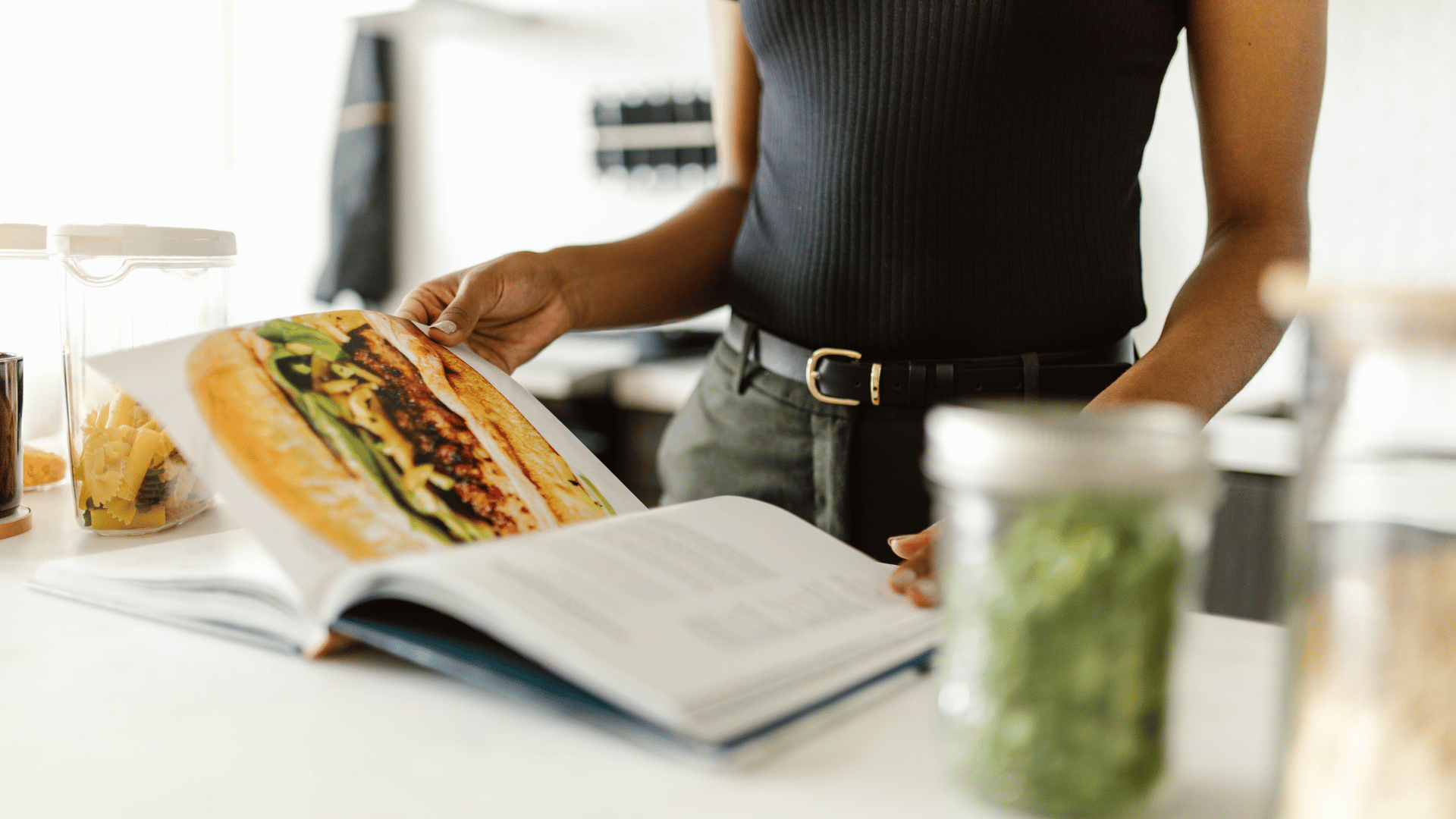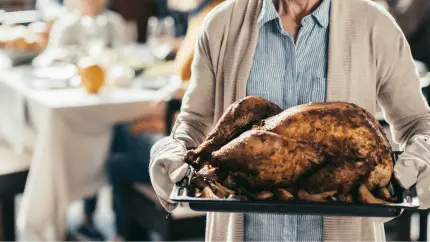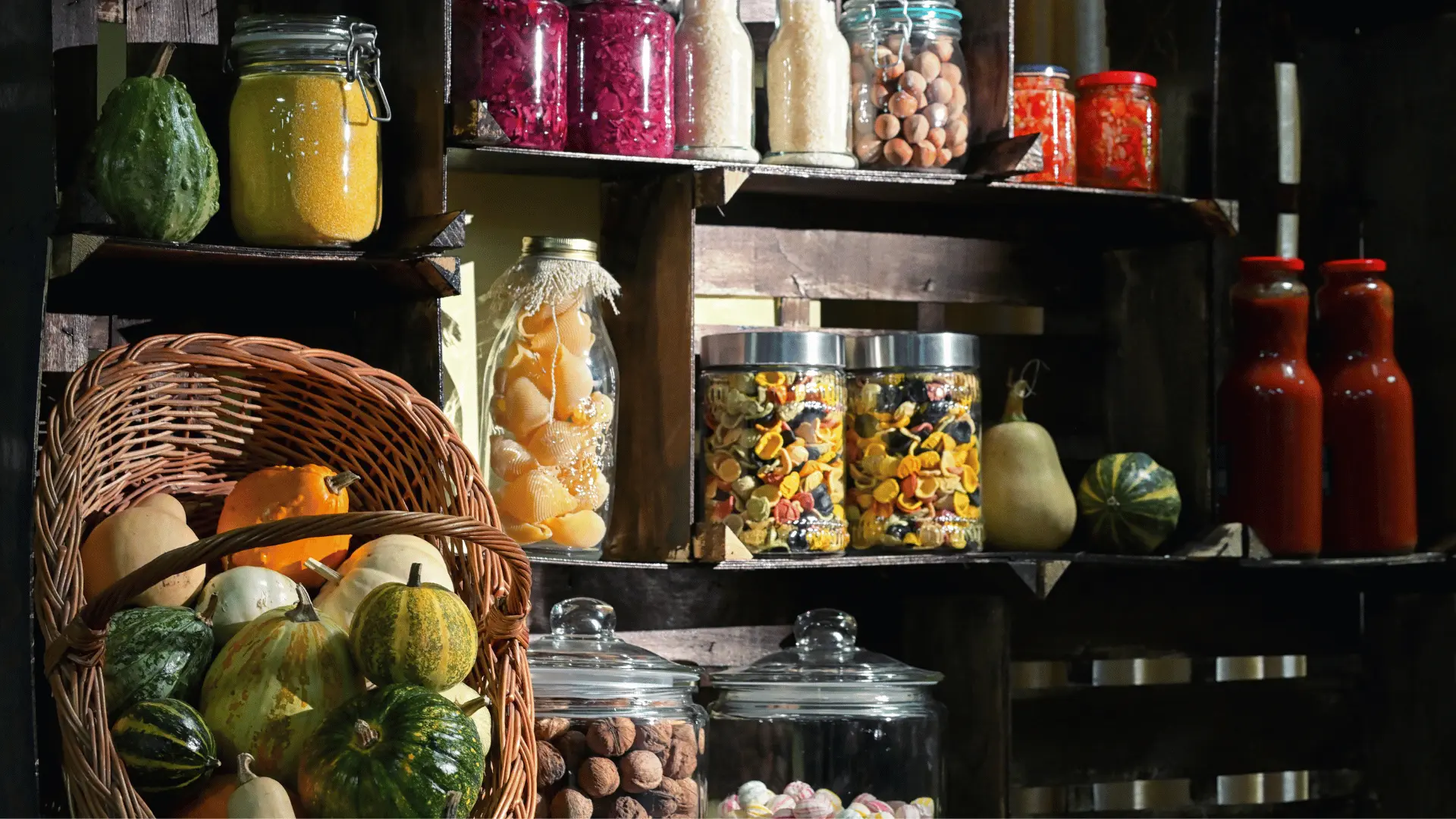
Decision Fatigue at 5:30 PM: Why It Happens—and How a Recipe Randomizer Fixes It
It’s a moment we all know too well: the clock creeps toward 5:30 p.m., stomachs start to rumble, and the inevitable question arises—“What’s for dinner?” Instead of sparking excitement, that question often sparks stress. We shuffle through mental checklists, scroll recipe boards, and peek into the fridge only to feel paralyzed by indecision. By the time we settle on something, we’re exhausted, frustrated, and often reaching for takeout.
This evening stress doesn’t come from cooking itself. It comes from decision fatigue—the mental weariness that sets in after a day of making choices big and small. Dinner happens to fall at the exact moment our decision-making muscle is running on empty. The good news? With a little science, a few smart habits, and the right tools, we can break the cycle and bring joy back to the table.
What Is Decision Fatigue?
Decision fatigue is a term psychologists use to describe the mental drain that comes from making too many choices throughout the day. From what to wear in the morning to how to respond to emails, each decision chips away at our brain’s energy reserves. By the evening, even small choices—like what to eat—feel monumental.
Studies have shown that when we’re mentally depleted, we default to one of two extremes: repeating the same safe choice over and over, or avoiding the decision altogether. In the kitchen, that looks like rotating through the same three meals until they feel stale, or defaulting to takeout because it’s one less choice to make.
That’s why the dinner hour is such a notorious stress point. It’s not really about food—it’s about mental overload.
Why Dinner Decisions Feel So Hard
On paper, choosing what to eat sounds simple. But modern life complicates things. We’re not just deciding between chicken or pasta. We’re juggling:
- Busy schedules: Work deadlines, soccer practices, and commutes leave little bandwidth for meal decisions.
- Dietary needs: One family member wants low-carb, another avoids dairy, and another just refuses vegetables altogether.
- Information overload: The internet offers millions of recipes at our fingertips, but the sheer volume often paralyzes rather than inspires.
- Perfection pressure: Social media has raised the bar on what dinner “should” look like, making us feel like our simple meals don’t measure up.
Add all of that together and the question “What’s for dinner?” starts to feel heavier than it should.
How a Recipe Randomizer Helps
This is exactly the stress our Recipe Randomizer was designed to solve. Instead of leaving dinner decisions up to our tired, end-of-day brains, the feature does the choosing for us—based on recipes we already know, love, and trust.
Here’s how it works:
- Pulls from your trusted collection: The suggestions come from saved and shared recipes you’ve already vetted, so there’s no second-guessing if it will work for your family.
- Gives one clear answer: Instead of facing a flood of choices, you get a single suggestion—removing the overwhelm instantly.
- Surfaces forgotten favorites: Recipes you may not have cooked in months pop back up, bringing variety without extra effort.
- Encourages discovery: That recipe you saved “to try someday”? The Randomizer nudges it into your dinner rotation.
The result is simple but powerful: less stress, more variety, and dinners that feel exciting again.
The Science of Fewer Choices
Psychologists have long noted something called the paradox of choice—too many options actually makes us less satisfied, not more. By reducing the number of options in front of us, we’re more likely to feel content with the choice we make. That’s why restaurant menus with fewer items often feel easier to order from, and why capsule wardrobes reduce morning stress.
The Recipe Randomizer applies this principle to dinner. By narrowing the field and offering just one suggestion, it takes the mental weight off your shoulders while still keeping meals varied and interesting.
Real-Life Scenarios
Here’s how the Randomizer helps in everyday life:
- The Busy Parent: After a day of juggling work and kids, the Randomizer suggests chicken enchiladas from your collection. The ingredients are already on hand, and dinner goes from stress to success.
- The Family Game Night: No one can agree on what to eat. Instead of debating, you let the Randomizer choose. It picks homemade pizza, and everyone gets to customize their slices—problem solved and fun added.
- The Rediscovered Favorite: That butternut squash soup recipe you saved last fall? The Randomizer brings it back just when the weather turns chilly, making dinner feel seasonal and special.
Simple Habits to Reduce Dinner Stress
While the Randomizer is powerful on its own, pairing it with a few simple habits makes it even more effective:
- Save recipes regularly: Add both staples and new finds so the Randomizer has a healthy mix to pull from.
- Use it as a tiebreaker: When no one can decide, let the Randomizer settle the debate fairly.
- Pair with meal planning: Use Randomizer suggestions to inspire your weekly plan, then slot them into your calendar.
- Keep it fun: Treat the Randomizer like a game. Kids especially love the element of surprise.
- Preserve the memory: When a random pick turns into a new family favorite, save notes so you can easily recreate it.
Why This Matters
Dinner stress isn’t really about cooking—it’s about deciding. By the end of the day, our brains are simply too tired to make one more choice. The Recipe Randomizer relieves that burden, freeing us to focus on what really matters: cooking, eating, and connecting with the people we love.
It’s more than convenience—it’s about restoring joy. Meals should be moments of connection, not points of stress. With fewer decisions to make, we gain the space to savor flavors, stories, and time together.
Key Takeaway
Decision fatigue peaks right when we’re supposed to be planning dinner. That’s why the question “What’s for dinner?” feels harder than it should. The Recipe Randomizer solves this daily dilemma by cutting down choices, surfacing trusted recipes, and turning dinner from a stressful chore into an opportunity for connection and joy. Less stress, more flavor—that’s the kind of mealtime rhythm worth keeping.
Love what you’re reading?
Join Mealmento today to save your favorite recipes, plan meals with ease, and create smart grocery lists ...all in one place.





